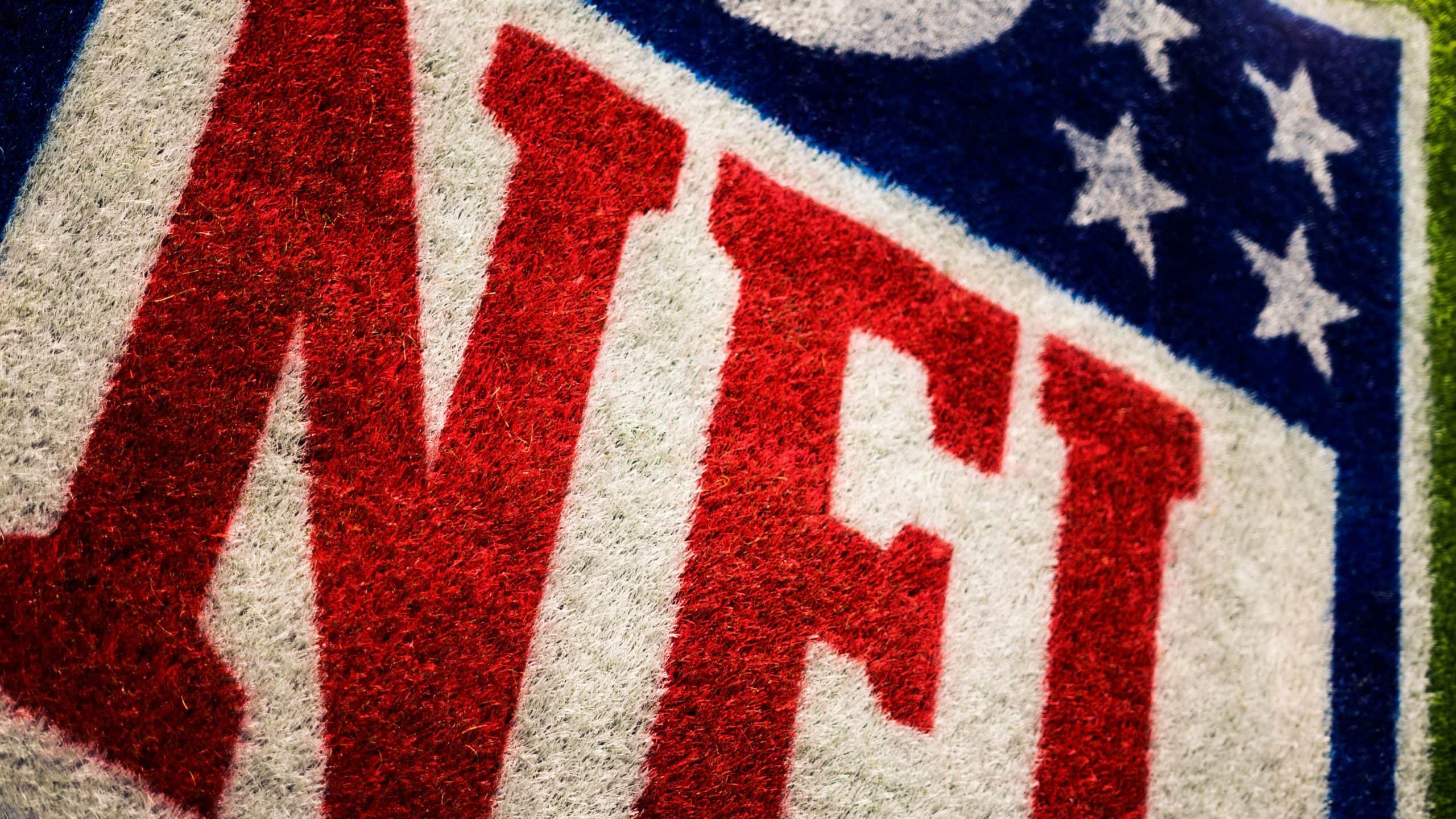On January 3, 2022, a football fan filed a class action lawsuit against the “New York” Jets and Giants for alleged marketing violations. Specifically, the complaint alleged that the two professional football organizations engaged in false advertising and deceptive marketing practices by continuing to employ “New York” in their teams’ name when, in fact, the organizations are now located and play their home games in New Jersey. In general, the Federal Trade Commission (“FTC”) and state attorneys general have made clear that businesses that engage in “misleading” or “deceptive” advertising will face stiff penalties, including fines. Businesses that market products or services to the public need to be aware of the various laws applicable to false and deceptive advertising.
Marketing Violations and the FTC
Pursuant to the Federal Trade Commission Act (“FTC Act”), the FTC is authorized to police false advertising and deceptive practices for the purpose of preventing businesses from misleading consumers. According to the FTC Act, false advertising occurs when businesses make misleading, deceptive, or plainly false claims about a particular product or service. Claims may be misleadingif they imply something that is untrue (e.g., geographic location) or leave out relevant information. In order to bring a false advertising lawsuit, the claim/facts at issue must be “material” (i.e., important enough to matter), and consumers’ interpretation of the misleading claim must be reasonable.
When determining if a claim is misleading, the FTC examines whether the claim has been substantiated (i.e., proven true) and will employ the following factors in arriving at its decision:
(1) the type of claim and product/service at issue;
(2) the benefits associated with a truthful claim;
(3) consequences of a false claim; and
(4) evidence that experts in the field look to for claim substantiation.
Businesses that engage in false advertising often face serious consequences when investigated. Most notably, those found guilty of marketing violations may be fined up to $43,792 per violation.
Marketing Violations and New York Law
In the subject lawsuit against the “New York” Jets and Giants, the fan brought the case under New York’s marketing laws that prohibit false advertising. Pursuant to New York law, a court may find that individuals and/or entities committed marketing violations by engaging in false advertising if: (1) the challenged act or practice was consumer-oriented; (2) the act or practice was materially misleading; and (3) the plaintiff suffered injury as a result of the deception.
Both the New York State Attorney General and private citizens may bring marketing violation lawsuits. In actions brought by the Attorney General, defendants may face fines of up to $5,000 for each marketing violation. Additionally, private citizens may bring false advertising lawsuits and recover the greater of their actual damages or $500. If it can be shown that defendants willfully or knowingly violated the law, courts may award treble damages (of up to $10,000), together with reasonable attorney’s fees. To avoid such an eventuality and ensure compliance with relevant marketing laws, businesses should hire experienced marketing attorneys.
In our opinion, the subject lawsuit will likely be dismissed because most Jets and Giants fans know that, although the teams once played in New York, the teams play at MetLife Stadium in New Jersey. Thus, the organizations’ use of “New York” in their respective team names and associated marketing has likely not misled consumers into believing that the teams actually play in New York.
If you are interested in learning more about this topic or need to review your marketing practices and procedures, please email us at info@kleinmoynihan.com, or call us at (212) 246-0900.
The material contained herein is provided for information purposes only and is not legal advice, nor is it a substitute for obtaining legal advice from an attorney. Each situation is unique, and you should not act or rely on any information contained herein without seeking the advice of an experienced attorney.
Attorney Advertising
Photo by Adrian Curiel on Unsplash
Similar Blog Posts:
FTC Lead Generation Marketing Violation Lawsuit Settles
FTC Guidelines on Negative Option Marketing Released
“Super Bowl” Sweepstakes: Leave “Super Bowl” and Consideration Out of Your Contests!




